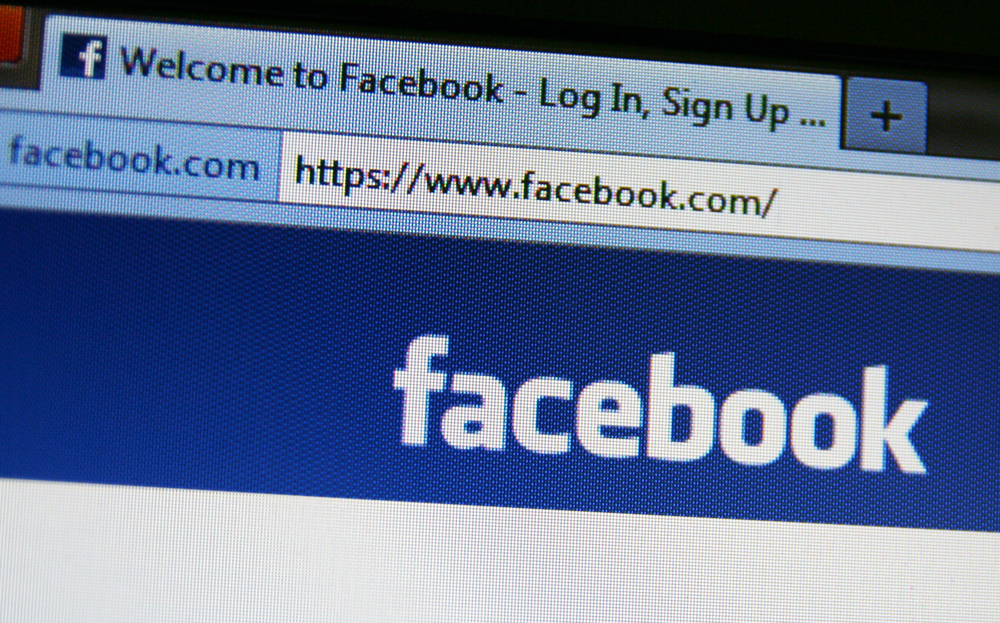Need a Self-Esteem Boost? Look at Your Facebook Profile

Get the world’s most fascinating discoveries delivered straight to your inbox.
You are now subscribed
Your newsletter sign-up was successful
Want to add more newsletters?
Join the club
Get full access to premium articles, exclusive features and a growing list of member rewards.
Even if you're not living your best life you can make it look like you are on Facebook, and just glimpsing this idealized version of yourself can provide a rush of self-esteem, a new study shows.
But there may be a downside to those positive feelings.
Researchers from the University of Wisconsin, Madison, measured Facebook users' self-esteem after they looked at their own profiles. The researchers used an implicit association test, in which participants had to associate positive or negative adjectives with self-centered words like "me," "my," "I" and "myself."
"If you have high self-esteem, then you can very quickly associate words related to yourself with positive evaluations but have a difficult time associating words related to yourself with negative evaluations," study researcher Catalina Toma explained in a statement. "But if you have low self-esteem, the opposite is true." [6 Personal Secrets Your Facebook Profile Isn't Keeping]
Toma and colleagues found that the participants experienced a significant boost in self-esteem even after looking at their own Facebook profile for just five minutes.
However, the burst of self-worth seemed to sink the participants' motivation to perform well on a follow-up math task.
Compared with a control group who didn't spend several minutes navel gazing, those who had just looked at their Facebook profiles before the test answered fewer questions in the allotted time, though their error rate was unchanged.
Get the world’s most fascinating discoveries delivered straight to your inbox.
"Performing well in a task can boost feelings of self-worth," Toma said in a statement. "However, if you already feel good about yourself because you looked at your Facebook profile, there is no psychological need to increase your self-worth by doing well in a laboratory task."
Toma cautioned this single study doesn't mean, for example, that Facebook use is dragging down grades for college students. She added that further research is needed to examine the psychological effects of other Facebook activities, like viewing other users' profiles or reading their newsfeeds.
Previous research has actually shown that looking at the Facebook profiles of others could have some ego-deflating effects, even if your own profile acts like a magical mirror.
In a study presented last year at the meeting of the Society for Personality and Social Psychology, people with lots of Facebook friends experienced a drop in self-esteem after viewing their friends' status updates. But for people with just a few Facebook friends, viewing status updates wasn't a problem.
The new research is detailed in the June issue of the journal Media Psychology.
Follow Megan Gannon on Twitter and Google+. Follow us @livescience, Facebook & Google+. Original article on Live Science.

 Live Science Plus
Live Science Plus










